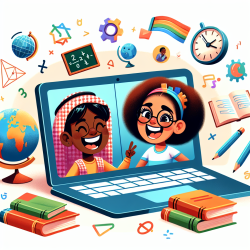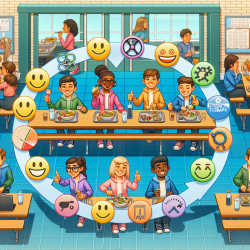Introduction
The year 2020 was marked by unprecedented challenges that affected every aspect of life. The COVID-19 pandemic, racial tensions, and educational disruptions significantly impacted mental health across the United States. A recent study, "COVID-19, Police Violence, and Educational Disruption: The Differential Experience of Anxiety for Racial and Ethnic Households," provides valuable insights into how these factors contributed to anxiety, particularly in households with children.
Key Findings
The study utilized data from the Census Bureau’s Household Pulse Survey, examining anxiety levels across different racial and ethnic groups. The findings revealed that:
- Anxiety levels increased across all groups during 2020.
- White households were more responsive to state-level COVID-19 fatalities.
- Black households experienced heightened anxiety related to police violence.
- Households with children faced higher anxiety levels due to nontraditional educational delivery.
Implications for Practitioners
For practitioners working with children, these findings underscore the importance of understanding the diverse factors contributing to anxiety. Here are some strategies to consider:
- Tailored Interventions: Develop interventions that address specific stressors relevant to different racial and ethnic groups.
- Support for Educational Transitions: Provide resources and support for families navigating remote learning to reduce anxiety.
- Community Engagement: Collaborate with community organizations to address broader societal issues, such as police violence, that contribute to anxiety.
Encouraging Further Research
While this study provides crucial insights, further research is needed to explore the long-term effects of these stressors on children's mental health. Practitioners are encouraged to engage in research initiatives that focus on:
- The impact of ongoing educational disruptions on child development.
- The role of community support in mitigating anxiety related to racial tensions.
- Strategies for improving access to mental health resources for minority communities.
Conclusion
The findings from this study highlight the complex interplay of factors contributing to anxiety in children and their families during 2020. By understanding these dynamics, practitioners can better support children in overcoming anxiety and achieving positive outcomes.
To read the original research paper, please follow this link: COVID-19, Police Violence, and Educational Disruption: The Differential Experience of Anxiety for Racial and Ethnic Households.










